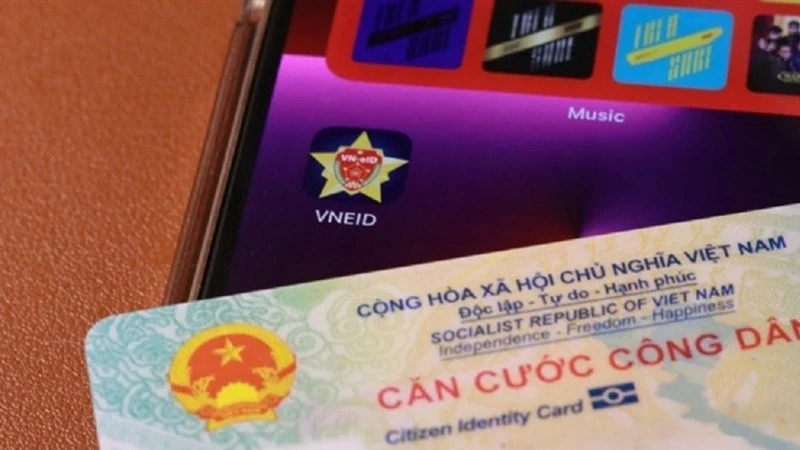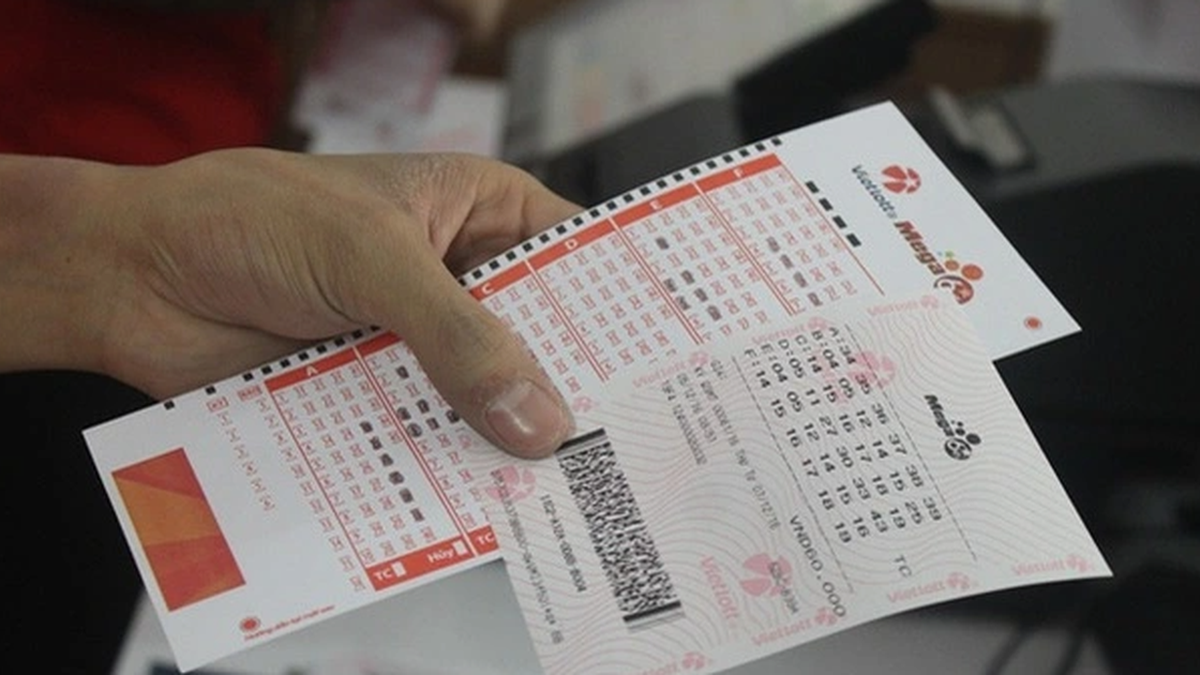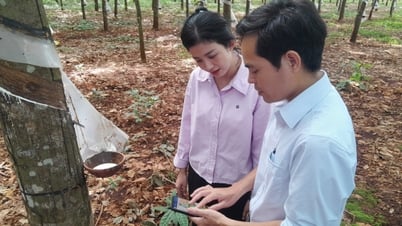Since July 1, the VNeID application has updated the new hometown when the two-tier local government model took effect. Many people eagerly accessed the application to see the changed information. Many people have freely shared screenshots of the VNeID interface on social networks. This means that all personal data such as: ID number and date of issue, place of birth, hometown, permanent residence, temporary residence, current residence, identification features... are completely shared publicly.
According to cybersecurity experts, the disclosure of personal information has serious consequences and unintentionally turns users into victims of cybercrime. In particular, modern technologies such as AI help them commit crimes easily and simply. When data is made public, cybercriminals build a complete profile of the victim to carry out fraud, fraud, impersonation, and property appropriation. Therefore, users should carefully check their privacy when posting and always be vigilant for unusual contacts after information is leaked; carefully consider whether it is really necessary to post new hometown information online?
On July 3, Quang Tri Provincial Police issued a warning, emphasizing that publicly posting images of citizen identification cards, driver's licenses, bank cards, etc. on social networking platforms such as Facebook, Zalo, etc. can be exploited by cybercriminals to commit illegal acts.
Previously, Hai Phong City Police also issued a warning about common methods that cybercriminals often use to appropriate property and cause damage to people; accordingly, they advised people not to arbitrarily share personal information publicly on social networks.
Regarding the VNeID application, the Department of Cyber Security and High-Tech Crime Prevention, Ministry of Public Security has just issued a warning to the people. Accordingly, scammers are impersonating officials of new communes/wards, calling to instruct people to access links or install fake VNeID applications containing malware to take control of the phone, thereby appropriating the user's property.
The method used by the subjects is to call using a regular mobile phone number or a fake switchboard impersonating an agency or organization. They introduce themselves as officials of the Commune/Ward Committee or local police, announce changes in the administrative apparatus and ask people to update new information.
To create trust, the subjects collected people's personal information in advance and provided this information before asking people to follow the instructions. After people trusted them, the subjects would ask them to access the link provided by them or install the VNeID application, a fake public service containing malicious code.
Once people have accessed or installed the application, the subject will take control of the device. Then continue to lure the victim to follow the instructions to find a way to get the OTP code of the bank account or lure people to look at the phone to get biometric data, thereby stealing money in the bank account.
In the above situation, to protect yourself and not become a victim of cybercrime, people should absolutely not follow the phone requests of subjects claiming to be commune/ward officials or local police. If you need to update information related to administration or residence, you must go directly to the police station of the commune/ward where you live to receive accurate instructions and support. In addition, it is necessary to proactively propagate and mobilize family, friends and relatives to be vigilant against the sophisticated methods and tricks of cybercrime.
According to NDO
Source: https://baothanhhoa.vn/canh-bao-nguy-co-lo-lot-du-lieu-ca-nhan-voi-trao-luu-khoe-anh-can-cuoc-cong-dan-254499.htm





































































































Comment (0)